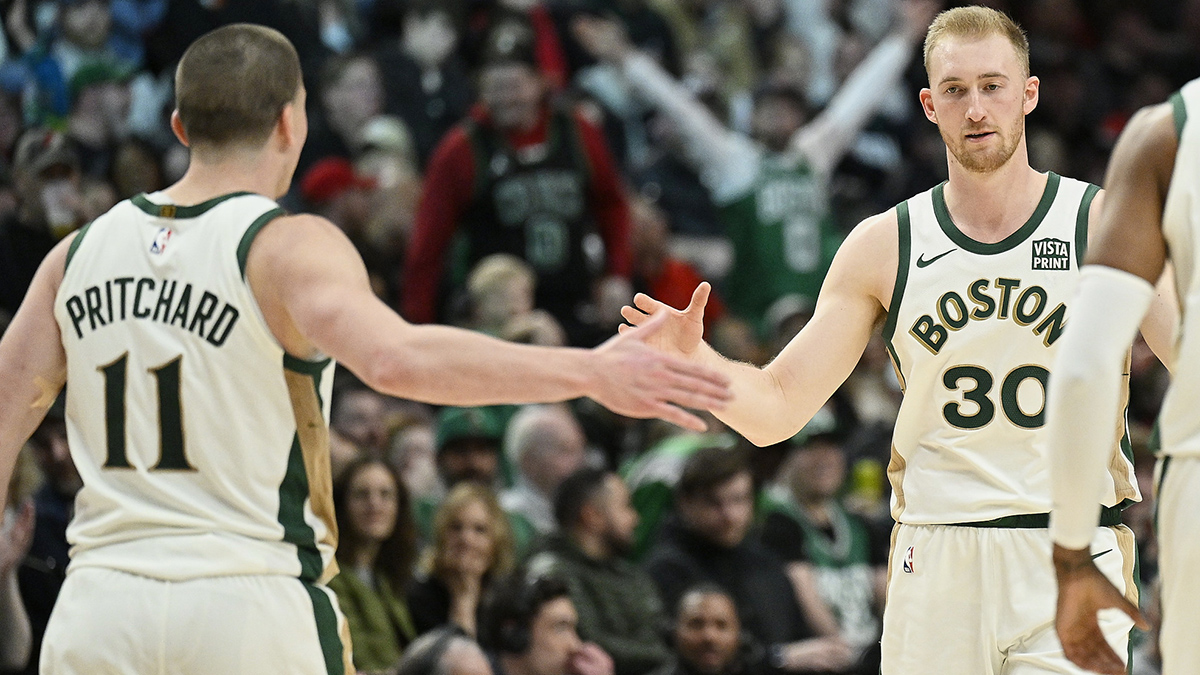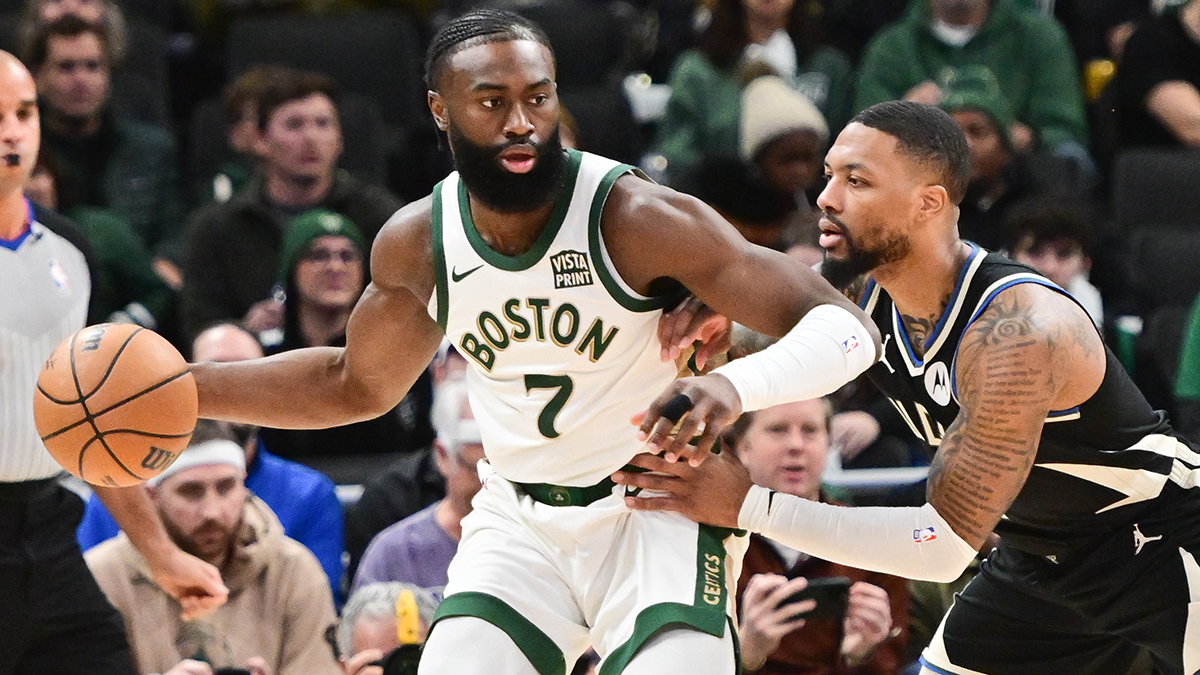
NEW YORKWhether you side with the NBA owners or players, there's one thing just about anyone who has followed their squabbling even the slightest bit can see.
Both sides have been screwing this up . . . a lot.
While there's no DeLorean that can take us back in time to fix all their mistakes, we can look ahead to ways to make the next Collective Bargaining Agreement sessions run a lot more smoothly.
And unlike the owners and players, we're not going to wait until the last minute to, you know, think about that kind of stuff.
So here are a few sure-fire ways that the next CBA negotiations won't be, as my fellow NBA scribe Ken Berger over at CBSSports.com would call, an asshattery.
YOU . . . ARE . . . ON . . . THE . . . CLOCK!
There's absolutely no excuse whatsoever why a lockout in any sport should happen. The sides know well in advance what the hot-button issues are, and yet they still wait . . . and wait . . . and wait until the absolute last minute to really try and work towards finding a happy medium - or at the very least, a deal that neither side feels good about which usually winds up as the best deal possible.
Boston Celtics
There are plenty of reasons why players and owners don't engage sooner, but one reason stands head and shoulders above the rest:
They don't have to.
Well, we're about to change that, my friends.
You know those luxury taxes that owners absolutely had to have in their next CBA? Let's apply some of those same taxing principles to get a CBA done in a timely fashion.
Real simple.
Every day after July 1 that the CBA passes without there being at least an agreement in principle, the league will pay 500,000 to a predetermined group of charities - chosen by the players, but not their own charities - in every NBA city.
Oh, I can see the Kool-Aid, ear-to-ear grins on the players' faces with that change.
You're part of this mess, too.
You'll have to pony up 250,000 for every day - it doesn't make sense that the guys who get the checks are punished the same as the guys who cut them, does it? - and those will go to a predetermined group of charities - chosen by the owners - in every NBA community as well.
And for every month moving forward, the owners will have to pay another 250,000 (i.e., on August 1, 750,000 per day, September 1, 1,000,000 per day, etc.) while the players will see their daily total increase by another 125,000 per day (i.e. on August 1, 375,000 per day, September 1, 500,000 per day, etc.)
This serves two purposes:
1) It gives the owners and players added incentive to start negotiating sooner, something they clearly lack and
2) It provides some much-needed financial assistance to groups who sure as hell could use it.
NBA, PLAYERS NEED TO BE FED UP
Is it me, or did things seem to FINALLY start moving in these talks when the federal mediator entered the picture? Whether it should be George Cohen again remains to be seen. But it's clear that an impartial, respected figurehead in the room can go a long way in smoothing things out between these two.
Both sides should be allowed to negotiate among themselves until July 1 without necessarily the mediator's interference, unless it's requested.
After July 1, a federal mediator should be injected into the talks because at that point, it's clear that both sides can't and probably won't strike a deal even with the threat of having to cut checks because they can't stick to a damn deadline, and . . . don't get me started!
Rather than have just one moderator, it might be worthwhile to have a "pool" of them (at least 3 or 5, but definitely an odd number total works best) that will work in concert with one another throughout the post-July 1 process.
If both sides can't agree on a deal by end of September, this is where the "pool" of mediators come into play.
We'll call this one the "Stern rule," because this is essentially what he did in coming up with the owners last proposal.
The "pool" of mediators will take all their notes, feedback from both sides, and gather for a couple weeks before making a handful of recommendations centered around the top 5 or 6 topics that both sides agreed to are major points of emphasis in a new CBA.
The NBA commissioner will take those suggestions back to his Labor Relations Committee, and the players will do the same.
A poll of the owners - this should be handled by a third party, and not the commissioner - will be taken to see if it should be voted on as being their proposal. If 10 or more owners think it's worth voting on, then the proposal will be voted on by the owners.
Same with the players. Similar to what has to happen with them to decertify, if 30 percent or more of the players - not the executive committee, the players - believe the deal the owners are proposing should be voted on, then it's put to a vote for the full body.
If they accept it, we got a deal.
If they don't, the fines for not getting a deal done will continue to rack up.
Of course, this all would have to be approved of well in advance by the owners, the players, and the agents. (Yeah, they're going to have a say in this, for sure.)
And that means . . . it probably will never come to fruition.
But one thing is for sure.
Both sides have to seriously look at ways to challenge themselves to work harder, sooner, at getting a new CBA done.
Otherwise, we truly will be driving back to the future in six or so years when all the ill-conceived, ill-advised decisions by both sides repeat themselves and as a result, we're back to a life of asshattery.


